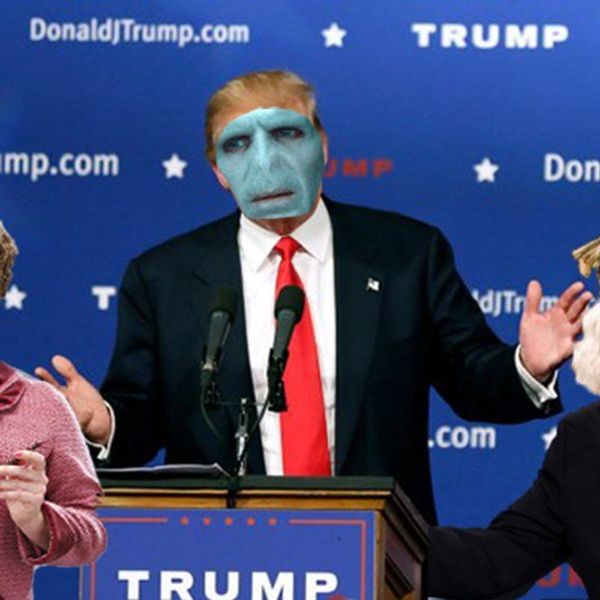Recently, U.S. President Donald Trump announced that he would finance his infamous wall by imposing a 20% tax on all goods imported into the United States from Mexico. This has caused significant concern for Mexico considering that 80% of Mexico’s exports are to the United States. It has also sent alarm bells ringing for a number of Americans, because Trump repeatedly promised that Mexico would pay for the wall. However, if a tariff is imposed on Mexican goods this tax would be passed on to the consumer (in America).
This tariff would have a significant impact on Mexico, as their goods become uncompetitive in the U.S. market, production would slow, and jobs will be made redundant. All of this culminates in a headache for Mexican President, Enrique Pena Nieto. The only card he can play, in the absence of articulate diplomacy, would be to sue the United States in the WTO. Unless, this issue can be resolved diplomatically, Pena Nieto’s headache could graduate to migraine if he was to resort to suing the United States in the WTO. A place which might look favorably on Mexico’s case. However, this action might play directly into Trump’s hands. A potential case in the WTO could be the catalyst to Trump leaving the WTO in favor of signing bi-lateral trade agreements, and be removed from the jurisdiction of the WTO. If his first few weeks are anything to go by, the possibility of leaving the WTO may be his hidden agenda. With the tariff on Mexico being the vehicle to get him there. This could explain why Pena Nieto has kept his cards very close to his chest when asked about what he will do.
This tariff will effects U.S. consumers, suddenly Coronas and Tequila imported from Mexico will go up 20% which will no doubt alter their market competitiveness. The Mexican economy will sink further, in the wake of the press release regarding the tariff the Mexican Peso plummeted. One could only imagine what would happen to the Peso if Congress enacted this tariff. The winners from this would be manufacturing hubs throughout Asia (China, Indonesia, Bangladesh and India) whose products would be more competitive on the U.S. market after Mexican goods increase by 20%. Another winner that may not appear obvious at first is Canada. The United States’ northern neighbor is the largest foreign producer of crude oil sold in the U.S. refining market. With Mexico being the fourth largest supplier, one would assume that the comparative advantage Canadian suppliers would enjoy as a result of the tariff would increase Canada’s market share. Obviously, a majority of the Mexican crude oil is sold under multi-year contracts. However, if these contracts include a clause relating to price shocks, or changed market conditions, it could prove disastrous. The only saving grace may be the devalued Peso offsetting the price increase. If this is the case and the Peso drops dramatically, the effects of the tariff may be offset to American consumers. Although added currency devaluation may prove to be a significant hurdle for Mexico to overcome. Trump could be using this dilemma to pidgeon-hole Enrique Pena Nieto into doing what he wants. It leaves an almost impossible situation for Pena Nieto, he has a choice between directly funding Trump's wall, or the prospect of this tax being used to rattle the Mexican economy. Either way he will lose support domestically in Mexico.
This leaves a tense environment in North America. With Mexico being used as a football for what could be grander plans to exit the WTO. What remains to be seen is, if this football will deflate before it gets thrown, if it will be intercepted by the WTO or make it to the end zone, losing the game for Mexico. For those of us sitting on the sidelines watching, we will wait to see if our next Corona will cost 20% more than the last. #MakeMexicanBeerCheapAgain #MakeTequilaCheapAgain





















